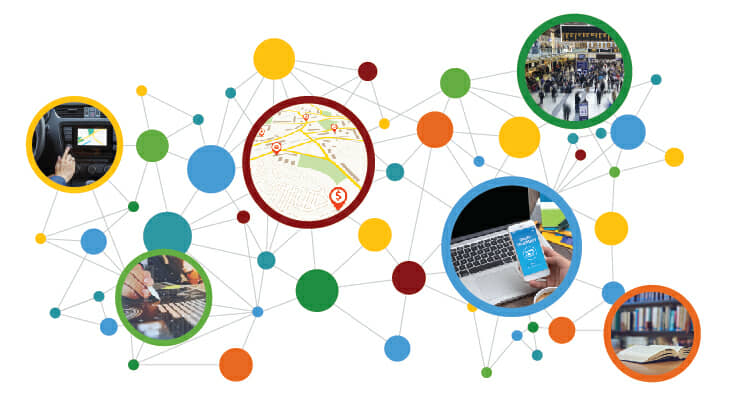Semantic search has revolutionized the way search works. What is it, and how does it affect SEO?
In this episode of the popular Here’s Why digital marketing video series, Perficient Digital’s Eric Enge explains some of the distinctiveness of semantic search and why it has made search easier for users.
Don’t miss a single episode of Here’s Why. Click the subscribe button below to be notified via email each time a new video is published.
See all of our Here’s Why Videos | Subscribe to our YouTube Channel
Resources
- Semantic Search and SEO: Everything You Need to Know
- 31 Must-Know Stats About the Continuing Growth of Voice Commands with Smartphones
- See all of our Here’s Why Videos | Subscribe to our YouTube Channel
Transcript
Mark: Eric, what do we mean by semantic search?
Eric: By semantic search, we mean the efforts of search engines to do a better job of understanding natural language.
Mark: Okay, so understanding the different ways people ask for information.
Eric: Right, Mark. So, for example, if I just search for hotels, Google will most likely show the hotels near wherever I am at that moment. But if I’ve been doing searches about Paris before that, then it’s more likely to show me hotels near Paris, or in Paris.
Mark: Why is Google bothering with doing that?
Eric: The rise of voice search is kind of behind this. People interacting with Google by voice, especially on mobile devices, has been one of the prime motivators behind semantic search. When speaking a query, people tend to want to ask in the same way they would other humans, with natural language.
[Tweet “The rise of voice search has been a prime motivator behind semantic search. Learn why at”]
Mark: Is semantic search just the search engine being smarter about query content then?
Eric: Well, no. It involves far more than that. For one thing, semantic search is connected to Google’s quest for its search engine to understand the world and the functions between things and their relationships. Google’s knowledge graph is a vast database that stores those connections and it’s Google’s move from strings to things.

Mark: Strings to things?
Eric: Yes. So, string refers to words or groups of words. Before the knowledge graph and semantic search, search was largely dependent on the searcher using strings of words that the search engine recognized that could match the strings on web pages.
But now, Google can also go beyond strings to recognize the relationship and the context of various things, such as the way it knows that Le Royal Monceau is a hotel in the city of Paris, but the Motel 6 across the street here in Framingham, Massachusetts is not.

Mark: It sure isn’t, but I bet there’s a lot more to semantic search than that, right?
Eric: Indeed. We could talk about structured data in semantic search, the influence of Google Hummingbird and RankBrain, and more.
Mark: And to learn about those aspects of semantic search, and also about how it impacts your SEO strategy, see Eric’s in-depth guide to semantic search on our blog.
Eric: Thanks, Mark!
Don’t miss a single episode of Here’s Why. Click the subscribe button below to be notified via email each time a new video is published.


Very insightful article Eric!
Semantic search definitely made a big difference in the SEO world!
But how will Al affect SEO?
Kind regards,
Filip
Hi Filip – AI is just a tool to be used by search engines to accomplish their goals more effectively. So it means they’ll get better over time at identifying quality content and enforcing their guidelines overall. It will also impact their ability to use voice search input, and that’s a critical change as well.